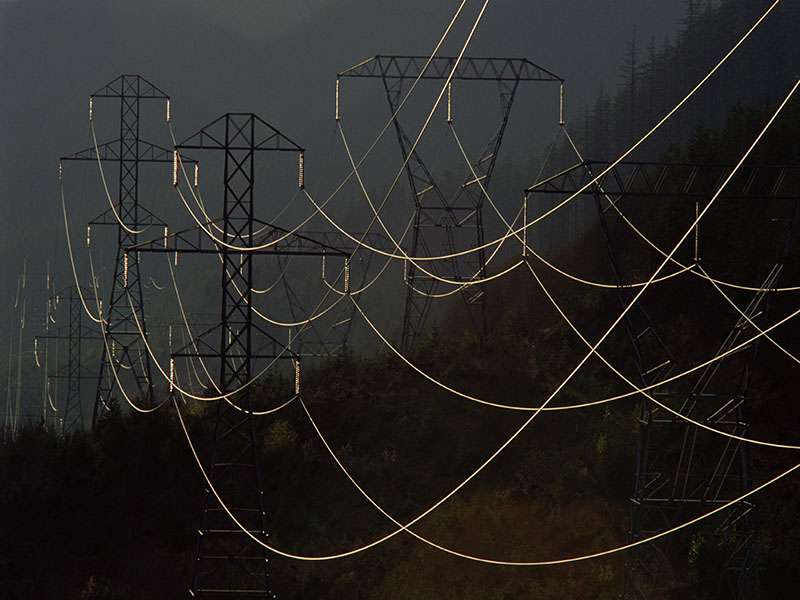(HealthDay)—Sudden power outages can be frustrating, but what if your power is knocked out for a prolonged period? Would you be ready?
The American Red Cross recommends preparing for emergency outages by putting together a kit that contains these essentials:
- Water (each person in the household needs one gallon per day),
- Non-perishable, easy-to-prepare foods,
- Flashlights (avoid candles, which could start a fire),
- Battery-powered or hand-crank radio,
- Extra batteries,
- First aid kit,
- A week's supply of medications and required medical items,
- Multi-purpose tool,
- Sanitation and personal hygiene items,
- Copies of personal documents, such as a list of medications and medical information; deed/lease to home; birth certificates; passports; insurance policies,
- Cellphone with chargers,
- Family and emergency contact information,
- Extra cash.
People who are being evacuated should have a three-day supply of these items, according to the Red Cross. Those staying at home should store a two-week supply.
Provide a backup power source if someone in the home is dependent on electric-powered, life-sustaining equipment.
It's also a good idea to keep the gas tank of at least one car full and to have a non-cordless telephone at home. It will probably work during a power outage.
Perishable food isn't apt to spoil if an outage lasts less than two hours, the Red Cross noted in a news release. For prolonged outages, you should have at least one cooler on hand.
Surrounding food with ice in a cooler or in the refrigerator will keep it colder for a longer time. Use a digital quick-response thermometer to check internal food temperatures and make sure food is cold enough to use safely.
More information: The U.S. Department of Homeland Security provides more power outage safety and preparation tips.
Copyright © 2016 HealthDay. All rights reserved.






















